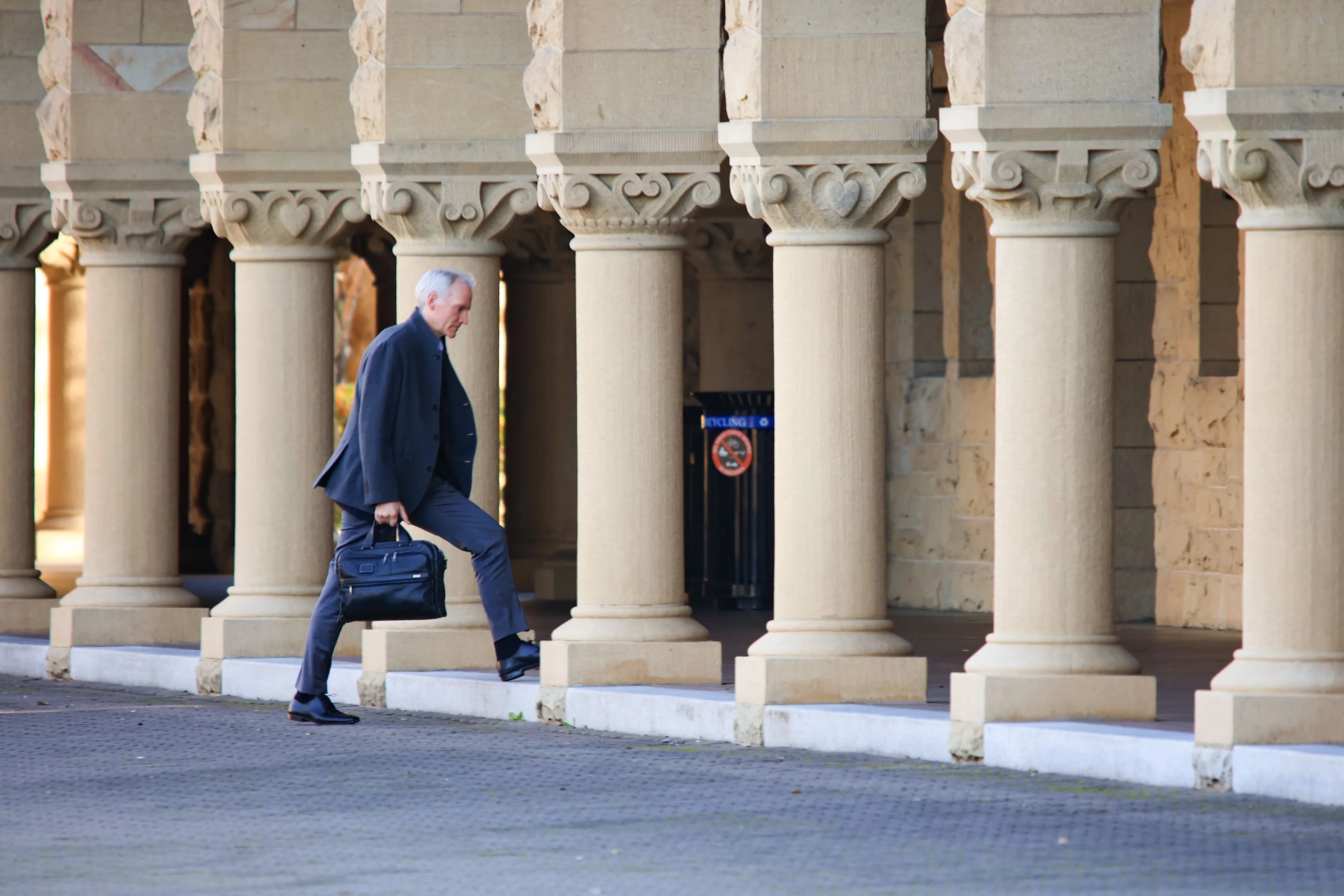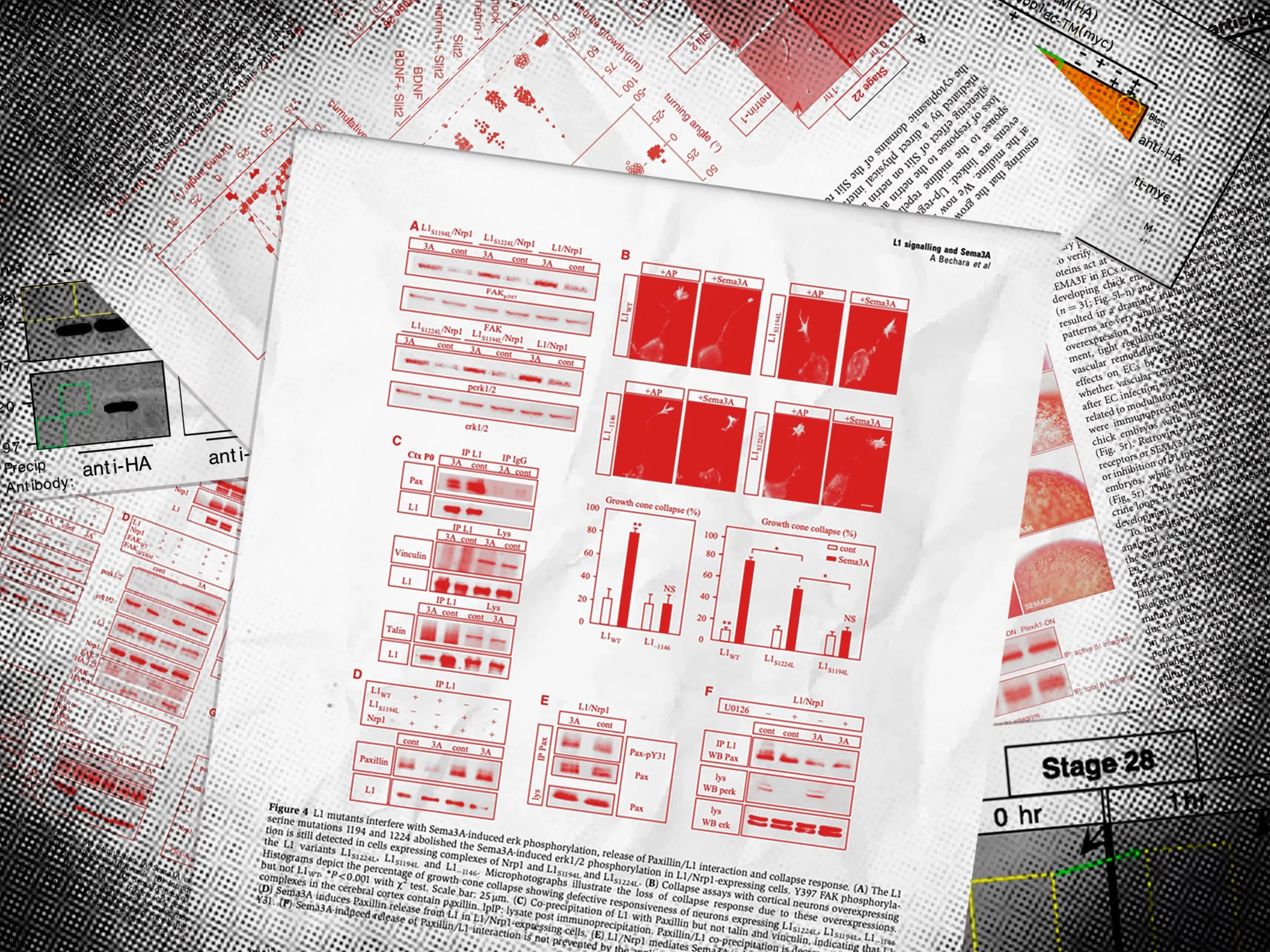Review found ‘falsified data’ in Stanford President’s research, colleagues allege
His paper was called “the miracle result.” But it never turned into an Alzheimer’s treatment. Now, four former Genentech senior scientists and executives allege that an internal review in 2011 discovered the paper had been based on fabricated research — and that Marc Tessier-Lavigne kept the results of the review from becoming public. He denies the allegations.| The Stanford Daily


